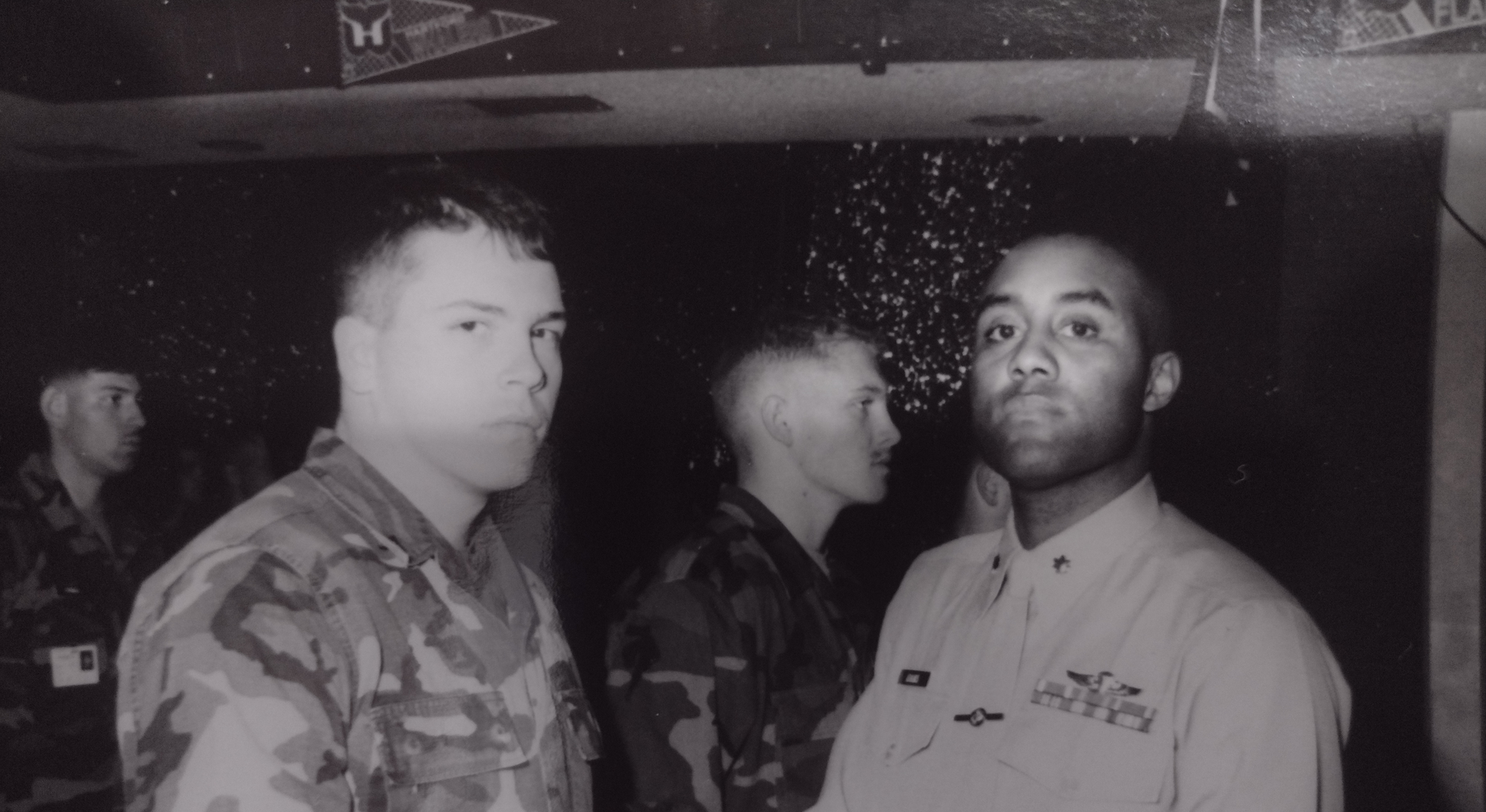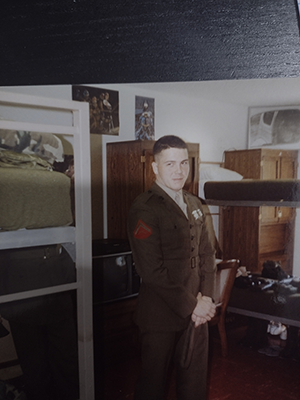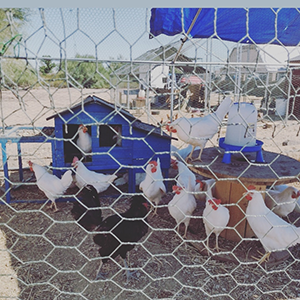
Learning from the Past to Change the Future: A conversation with pioneering ASU instructor in military mental health, US Marine Corps and Arizona Army National Guard veteran Michael Maisano
Michael Maisano’s extensive military journey began even before he graduated from high school. When Maisano turned 17, he enlisted in the Marines. After graduating from high school, he shipped off to Paris Island for boot camp. Maisano served for four years as an infantryman and in Marine Corps security forces in California. He then made the decision to leave the Marines to work in the civilian sector until war broke out after 9/11.
In 2003, Maisano joined the Arizona Army National Guard and was commissioned as an officer upon graduating from Officer Candidate School in Alabama. During his time as an officer, Maisano aided in the humanitarian efforts during Hurricane Katrina and deployed to the Middle East, where he gained real-world combat trauma experience.

His work today
Maisano draws on his remarkable ability to overcome adversity to help other veterans in need, including breaking down the stigma of mental health care to prospective and active-duty military members.
“I've dedicated my career now as a veteran to helping other veterans,” said Maisano, who holds a Master of Arts and Doctor of Psychology in clinical psychology and teaches courses for the new bachelor’s degree in applied military and veterans studies and for students completing degrees in counseling psychology.
“Our focus is on talking about the military culture for clinicians, breaking down some of those stereotypes,” he explained. “Tony Clark, teaching professor in CISA’s School of Applied Sciences and Arts, teaches a course on combat trauma, and I teach counseling students about counseling military and veterans. We are developing a new course which will be an introduction to the military mindset and culture; then we will move into counseling, specifically evidence-based practice.
“Learning from the past to change the future,” Maisano reflected, “that’s what keeps me going, is the fight.”
What does he enjoy doing in his spare time?
“I raise chickens,” said Maisano, who currently owns more than 200 poultry.

“It started out kind of as a little hobby during COVID. We moved from an apartment to about an acre of land, so one chicken turned into two, two turned into four and now we have a farm,” he said. “I have more than five breeds of chicken, 200 laying hens, which produce about five to six dozen eggs a day.” He sells the eggs directly to bakeries.
“I also enjoy woodworking — building things to make the enclosure more enjoyable for us and the chickens,” Maisano continued. “The first project was to build a 2,000-square-foot enclosure for them; and for our next project, I'm going to build a cowboy town facade for them. I enjoy this hobby because you learn more about nature than you realize. It's nice to care for something that has life, other than a human, and you learn a lot about nature through them. There's a social hierarchy, and you really see it, too.
“We watch roosters stop fights between hens like they're the protecting guardians,” he added. “The roosters will even sacrifice themselves to save other chickens. I've had a couple do that to try to protect the hens. You notice, too, that they will also walk over to a dead chicken. They don't have a memory, but you can see that there is some empathy for life and death.
“My friend, who's also a Marine, he raises cattle, and we have long discussions on that,” Maisano said, “and talk about the use of animals for their purpose, but with respect.”
Michael Maisano is a strong advocate for life in general; he is passionate about making sure military members are prepared for the mission they face, and that when they come back home, they have a safe space to talk and reintegrate back into society.
– Zach Woomer ’25 BS